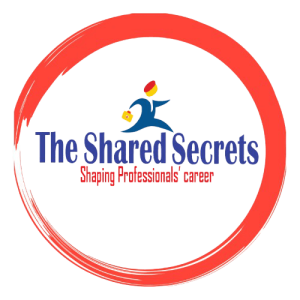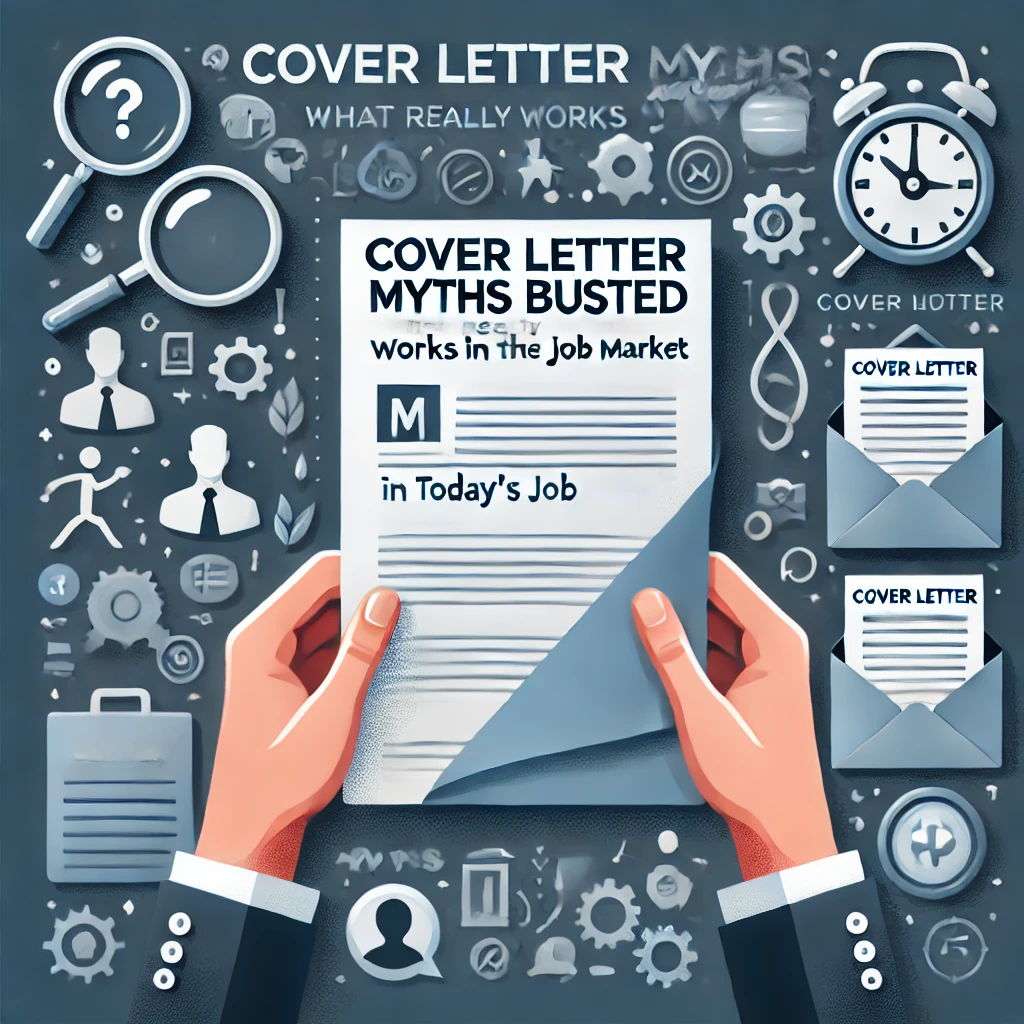Introduction
In today’s competitive job market, the cover letter remains an essential tool for standing out among the crowd. However, there are numerous cover letter myths surrounding what makes a cover letter effective, leading many job seekers to make avoidable mistakes. This article aims to debunk these myths and provide clear, actionable advice on crafting a cover letter that works in today’s job market.
Common Myths About Cover Letters
Myth 1: Cover Letters Are No Longer Necessary
With the rise of digital applications and online profiles, some believe that cover letters have become obsolete. However, this is far from the truth.
The Role of Cover Letters in the Digital Age
Cover letters provide a personal touch that resumes and digital profiles often lack. They offer an opportunity to explain why you’re the best fit for the position and to convey enthusiasm for the role. Employers still value this personal insight, especially when choosing between equally qualified candidates.
Myth 2: A Generic Cover Letter Works for All Jobs
One of the most common misconceptions is that you can use the same cover letter for multiple job applications. While it might save time, it’s unlikely to impress potential employers.
Why Personalization Matters
A generic cover letter fails to address the specific needs of the company and the role. Personalizing your cover letter shows that you’ve done your research and are genuinely interested in the position. Tailoring your letter to the job description and company culture can make all the difference in getting noticed.
Myth 3: The Cover Letter Should Be a Summary of Your Resume
Many job seekers fall into the trap of summarizing their resume in their cover letter. This approach misses the point of what a cover letter is meant to achieve.
What to Include Instead
Instead of repeating the content of your resume, use your cover letter to provide context to your achievements, explain any gaps in employment, or highlight specific experiences that align with the job you’re applying for. This is your chance to tell your story in a way that a resume cannot.
Myth 4: Cover Letters Are Only for Senior-Level Jobs
Another common myth is that cover letters are only necessary for those applying to senior positions. In reality, a well-crafted cover letter can benefit job seekers at Cover Letters for Entry-Level Positions
Even if you’re applying for an entry-level position, a cover letter can help you stand out. It allows you to demonstrate your enthusiasm, showcase any relevant experiences or internships, and explain why you’re interested in starting your career with that particular company.
What Really Works in Today’s Job Market?
Now that we’ve debunked some common myths, let’s explore what actually works when writing a cover letter in today’s job market.
Researching the Company
Before writing your cover letter, take the time to research the company thoroughly. Understanding their mission, values, and culture can help you craft a letter that resonates with them.
Tailoring Your Cover Letter to the Company Culture
Mentioning specific aspects of the company, such as recent achievements, ongoing projects, or corporate values, shows that you’re genuinely interested in working there. It also helps to frame your skills and experiences in a way that aligns with the company’s needs and culture.
Using Keywords from the Job Description
Many companies use Applicant Tracking Systems (ATS) to screen applications. These systems often filter out resumes and cover letters that don’t include certain keywords from the job description.
How to Identify and Use the Right Keywords
Review the job posting carefully and incorporate relevant keywords into your cover letter. This might include specific skills, qualifications, or industry-related terms. Doing so not only helps your application pass through the ATS but also demonstrates that you understand the role’s requirements.
Showcasing Your Value Proposition
Your cover letter should clearly communicate the value you bring to the company. This goes beyond listing your skills – it’s about showing how you can contribute to the company’s success.
Highlighting Achievements and Skills
Use specific examples to illustrate your achievements and how they align with the company’s goals. Whether it’s a successful project you led or a skill that directly relates to the job, make sure your value proposition is clear and compelling.
The Power of a Strong Opening Statement
First impressions matter, and your cover letter’s opening statement is your first opportunity to grab the employer’s attention.
How to Craft an Attention-Grabbing Introduction
Start with a strong, engaging sentence that highlights your enthusiasm for the role and your unique qualifications. Avoid generic openings like “I am writing to apply for…” and instead, make a statement that sets you apart from other applicants.
Closing with a Call to Action
A well-written cover letter should conclude with a clear call to action, encouraging the employer to take the next step.
Encouraging Further Contact
End your letter by expressing your interest in discussing the role further and inviting the employer to contact you. Providing your contact information and availability can also make it easier for them to reach out.
Tips for Writing an Effective Cover Letter
To ensure your cover letter is as effective as possible, keep these tips in mind:
Keep It Concise and Focused
While it’s important to provide enough detail to showcase your qualifications, your cover letter should be concise and to the point.
Optimal Length and Structure
Aim for a cover letter that is no longer than one page. Use short paragraphs and bullet points where appropriate to make your letter easy to read. Each section should serve a clear purpose, whether it’s introducing yourself, explaining your qualifications, or closing with a call to action.
Proofreading and Editing
Spelling and grammatical errors can make a bad impression, so it’s crucial to proofread your cover letter carefully.
Common Mistakes to Avoid
Look out for common errors such as typos, incorrect names or titles, and awkward phrasing. Reading your cover letter out loud or asking someone else to review it can help catch mistakes you might have missed.
Leveraging Professional Language
The language you use in your cover letter should be professional, yet personal enough to convey your enthusiasm and personality.
Balancing Formality and Personality
Striking the right balance between formality and personality is key. While you should avoid overly casual language, don’t be afraid to let your enthusiasm and unique voice shine through. This helps to create a connection with the reader and makes your letter more memorable.
Conclusion
In today’s competitive job market, a well-crafted cover letter can be the difference between landing an interview and being overlooked. By debunking common cover letter myths and following proven strategies, you can create a cover letter that not only complements your resume but also showcases your unique value to potential employers. Remember to personalize your letter, use keywords effectively, and keep it concise and engaging.
FAQs
Do employers really read cover letters?
Yes, many employers do read cover letters, especially when they are trying to differentiate between equally qualified candidates.
How long should my cover letter be?
Your cover letter should ideally be no longer than one page, with a clear and concise structure.
Can I reuse my cover letter for different jobs?
While you can reuse parts of your cover letter, it’s important to tailor each one to the specific job and company.
Should I address my cover letter to a specific person?
If possible, yes. Addressing your cover letter to a specific person shows that you’ve done your research and adds a personal touch.
What if I don’t have much work experience to include?
Focus on relevant skills, achievements, and any internships or volunteer work that demonstrate your qualifications and enthusiasm for the role.

